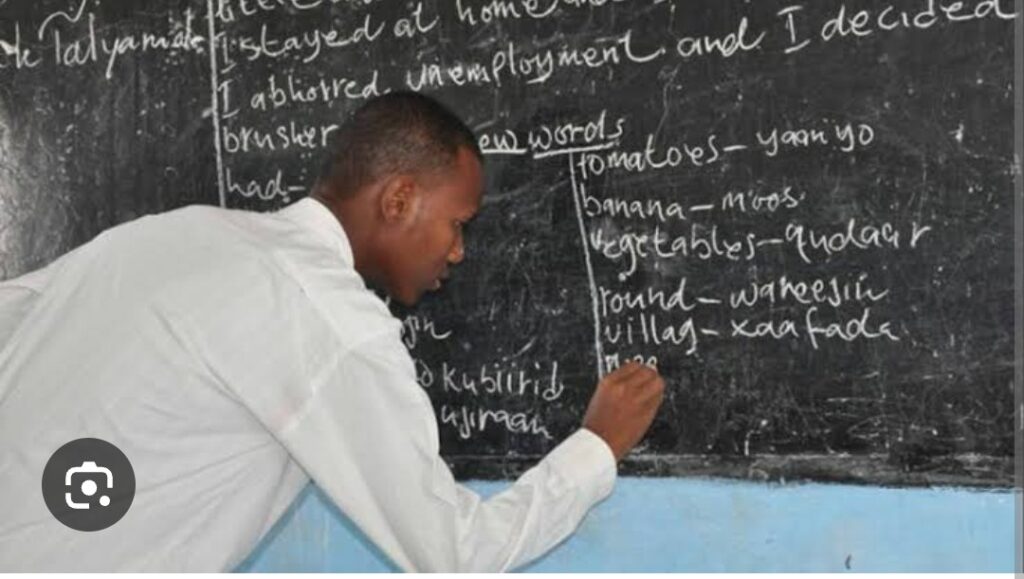Private school owners in Enugu State are sounding the alarm as they face the threat of school closures due to exorbitant taxes and levies imposed by the government.
The proprietors have expressed their frustration over what they describe as a suffocating new tax regime that has led to an alarming increase of over 2,000 percent in annual fees.
The new fees, which range from N450,000 to N2.2 million based on school size, starkly contrast with the previous annual renewal fee of just N30,000 that was prevalent during the last administration. This drastic hike has left many institutions struggling to survive, leading to potential shutdowns.
Emeka Grahams, Chairman of the Association of Private School Owners of Nigeria, addressed journalists on Sunday, voicing his discontent with the government’s apparent disregard for the challenges faced by private schools.
He lamented, “The issue is that private school owners in Enugu State are being manhandled by a policy. The government, through the Ministry of Education, came up with a policy of high taxation far beyond what we used to have before the advent of this administration.”
Grahams highlighted the specifics of the new tax structure, stating, “It used to be N30,000 annual renewal, but now we have various taxes that are broken into stages. Before now, it used to be one and it covers everything, but now you have early child tax, one for Junior Secondary School, one for Senior Secondary School, and other categories.”
He further criticized the removal of the provisional approval fee, stating that schools are now expected to register afresh, which adds to their financial burdens.
This enormous financial strain is particularly concerning given that private schools play a crucial role in providing quality education in the state. Grahams noted, “Comparatively, other states like Lagos, Rivers, and Abuja don’t pay that much, indicating that the government wants to run them out of business and at the same time rob parents and children of the opportunities offered by private schools, knowing full well that government alone cannot cater for the educational needs of the citizenry.”
The Enugu State government’s recent actions to close schools deemed to have poor infrastructure have further intensified concerns among private school owners. Grahams emphasized the uncertainty faced by these institutions, stating, “Schools are being shut for not paying the fees and once they pay, they are reopened. Their interest is not in the quality or standard of education, but money.”
Echoing these sentiments, Dr. Ejiofor Godwin, a member of the Enugu State Education Stakeholders and President of the Proprietors Association of Private Schools in the South-East, criticized the heavy taxation, asserting, “These heavy taxes do nothing to improve the quality of education, but serve only to further burden private school owners.”
He urged the government to recognize the significant contributions private schools make to the state’s internally generated revenue and to support rather than stifle their growth.
Godwin provided a detailed breakdown of the immense financial obligations imposed on schools. For instance, running a Senior Secondary School requires an outlay of approximately N900,000, while complete basic education from Nursery to Junior Secondary School costs around N1.3 million. The cumulative cost for operating a full range of educational services can reach N2.2 million, a figure that many schools simply cannot afford without drastically increasing tuition fees.
He argued, “If these bills are allowed to fly, school fees in private schools will astronomically increase because proprietors will pay teachers’ salaries, maintain their facilities, and pay other government taxes apart from this. Parents who cannot cope with the increment of school fees will withdraw their children to nowhere because the public schools are substandard.”
Despite prior discussions with the government, which included requests for a three-year grace period to enhance school facilities and support for private school owners, the appeals have fallen on deaf ears. Godwin stated, “There was a time they would listen to us, but this government is not listening to us.”
Legal counsel for the private school owners, Mr. Ogbuka JMCC, also weighed in on the situation, asserting that under Nigerian law, private school owners should not be subject to such taxes. He stated, “There is no levy or tax for private schools. Anything contrary is nullity,” emphasizing that the government’s taxation policies violate constitutional provisions aimed at ensuring compulsory free education.
